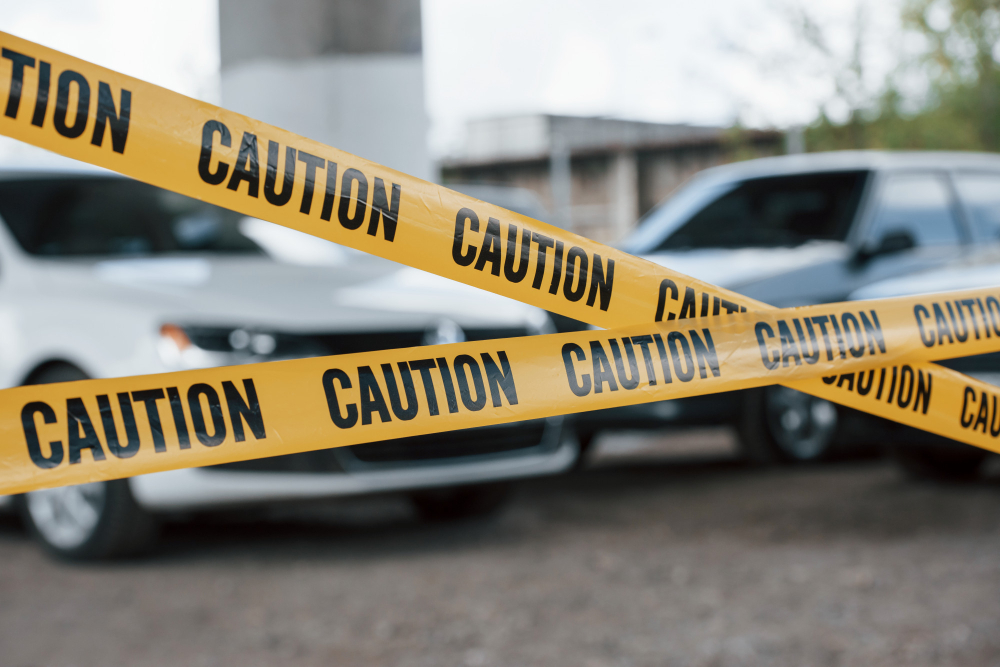If you have a car, you know that auto insurance is an important and necessary expense. However, one of the key components of any auto insurance policy is liability coverage, which protects policyholders from financial responsibility for damages or injuries they may cause to others while operating a vehicle. This blog will discuss the importance of liability coverage and why it is a crucial component of any auto insurance policy. Read on to learn more about why liability coverage is important and how it can protect you and your assets in an accident.
- It helps cover the cost of damages to other people's property:
Liability coverage helps pay for damages to the other party's vehicle and any other property damaged in the accident. This can include the cost of repairs to the other party's car and any damages to structures such as fences or buildings.
- It helps cover the cost of medical bills for other people:
Liability coverage is designed to help pay for the medical expenses of anyone else injured in the accident. This includes ambulance rides, hospital stays, and medical treatments. It is important to note that liability coverage does not generally cover medical expenses for the policyholder or any passengers in their vehicle.
- It can protect your assets:
Without liability coverage, you may be personally responsible for paying for damages or injuries that you cause to others in a car accident. This could put your assets at risk if the costs exceed the amount of coverage you have. For example, suppose you are involved in an accident that causes significant damages and don't have enough liability coverage. In that case, you may have to use your savings or sell personal assets to pay for the damages.
- It's required by law:
In most states, liability coverage is required to operate a vehicle legally. The minimum liability coverage needed varies by state but generally includes coverage for property damage and bodily injury. It is vital to ensure that you have at least the minimum required liability coverage to comply with the law and avoid fines and other penalties.
- It can help cover legal costs:
If you are sued due to an accident that you were deemed at fault for, liability coverage can help cover the cost of legal fees. This can include costs like hiring an attorney, court fees, and other legal expenses. It is important to note that liability coverage may not cover all legal costs associated with an accident, and the policyholder may still be responsible for paying some expenses out of pocket. However, having liability coverage can still be beneficial in helping to mitigate the financial burden of a lawsuit.
- It can help protect your future:
An accident that results in significant damages or injuries can have long-term financial consequences. Liability coverage can protect you from these costs, allowing you to move on with your life after an accident. For example, if you are involved in an accident that causes significant injuries to another person, you may be required to pay for their medical expenses for an extended period. Liability coverage can help cover these costs so that you are not financially burdened in the future.
In conclusion, liability coverage is an essential component of any auto insurance policy in the United States. It helps protect policyholders from financial responsibility for damages or injuries they may cause to others while operating a vehicle. It is also required by law in most states. From covering the cost of damages to other people's property to helping cover medical bills and legal costs, liability coverage can provide you peace and financial protection in the event of an accident. However, you still need liability coverage as part of your auto insurance policy. In that case, we recommend you speak with your insurance agent to discuss your options and ensure that you are adequately protected.



